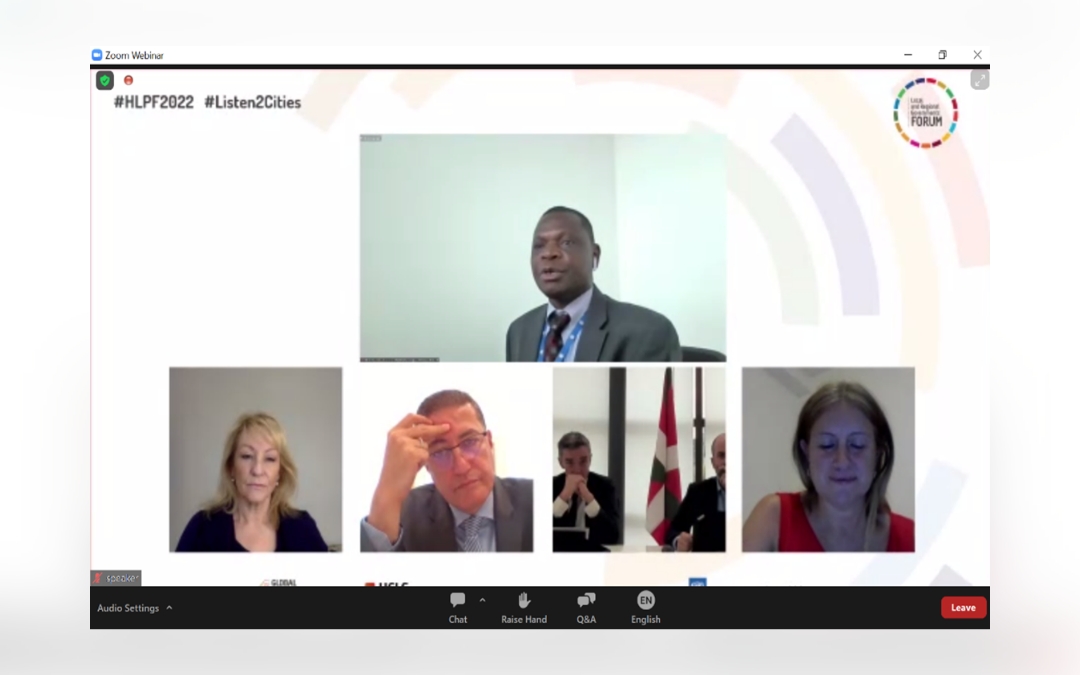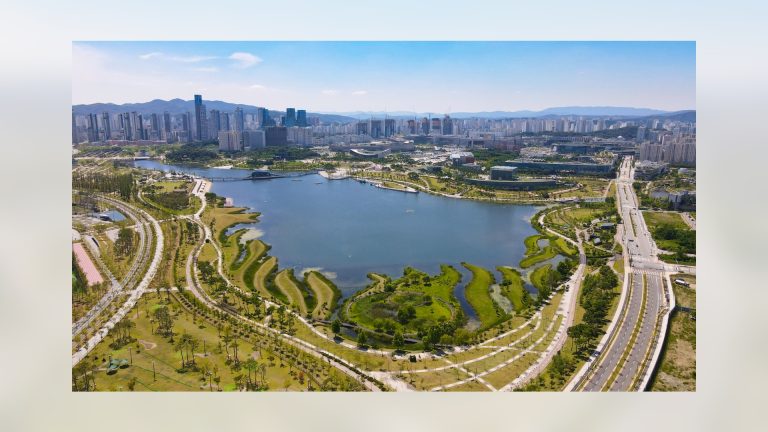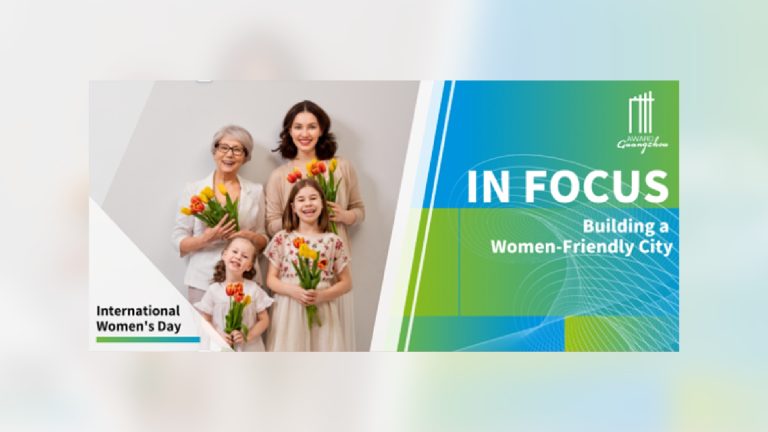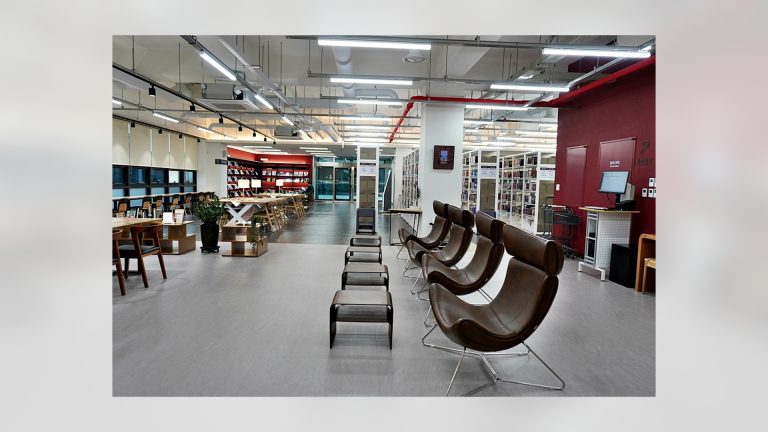Implementation of the Sustainable Development Goals (SDGs) are underway, and local governments and regional governments are key actors, in its achievement by 2030 – being responsible for delivering as much as 65% of the SDGs targets [1]
This message was embodied at the fifth Local and Regional Governments’ Forum, on the occasion of the 2022 United Nations High-Level Political Forum (HLPF). Itis a key moment for advocacy as well as policy discussion on the local implementation of SDGs, especially those being reviewed at this high-level political forum. It presents us opportunities to access progress, identify challenges, and most importantly discuss action and shape common solutions together as action is what is needed now.
The centrality of the localisation of the 2030 agenda and the new urban agenda are the Voluntary Local Review (VLR) and Voluntary Subnational Review (VSR) are emerging as important instrument in this process of SDGs localisation. The VSR reports developed by Local Governments and Local Governments Associations have also gained traction with many High level political officials from various regions around the world committing to prepare VSR. They have values on capacity to catalyst and accelerate action towards the SDGs. In the case of VLRs, the analysis and report of SDGs implementation is on a local context, where local authorities identify where their cities stand towards the implementation of these global goals and their outlook for 2030 and beyond.
As national governments increasingly recognise the value of local monitoring for SDGs implementation, a growing number of reporting countries are linking VLRs to VNRs. Recognising the value added of the subnational data in improving the analysis and the report of VNR, local governments have been consulted and included in VNR processes to a certain degree, such as in Andorra, Argentina, Philippines, Switzerland, and Pakistan. Countries such as Italy, Finland, and Malaysia had demonstrated that the engagement of local governments in these processes can strengthen multi-level governance and help in ensuring coherence.
Realising this, cities must become a platform for inclusive development. To achieve this, UNDP, UN Habitat, and the entire UN family will continue to provide that support to the local and regional governments to advance the SDGs, as conveyed in the forum
The first session was moderated by Mr. Amson Sibanda as Chief of National Strategies and Capacity Building Branch, UNDESA. In his opening statement, he talked about how by 2030, there will be a growing number of local governments engaging to carry out subnational reviews.
Carolina Cosse, Mayor of Montevideo, Uruguay as the first panelist highlighted the need for more effort in making sure that the local citizens can participate in setting and identifying their roles in implementation of the 2030 agenda and of course, the issues of social cohesion.
She conveyed the tendency of SDGs being seen as very far away from the lives of the local citizens, who are now recovering from the pandemic. “We also definitely need to make more effort to make sure that the local citizens can identify and relate to the 2030 agenda. The issues of social cohesion participation of citizens are also critical and finding way to recover from the pandemic. “, she said.
The second panelist, Mr. Rashid El Abdi, President of the Regional Council of Rabat, Morocco highlighted the important issue of living costs in Morocco that cities and local authorities are dealing with. This includes challenges in terms of making sure that their populations do not fall into poverty and having equal access to adequate social protection, which has been a challenge in itself as local governments were being doubledthe burdens of COVID-19. He also underscored the importance of financing and most local authorities do face significant challenges when it comes to mobilizing local budget and resources hence, a need for capacity building in this area.The second issue highlighted is how to addresses the challenges of migration given issues of water stress and other climate related challenges.
Mr. Jonan Fernandez, as Secretary General for Social Transition and Agenda 2030 of the Presidency of the Basque Government, Spain highlight the current focus on the four areas of planning governance evaluation and ensuring the involvement of all key stakeholders to discuss and score the importance of having public private partnerships as well as making sure that all voices are heard. The clear objectives workplan is important so that local authorities in the region could measure, track and follow up on their progress of SDGs localisation in the region, complete with good analytical reports.. We also need to have in place sustainable solutions to every challenges faced.
Ms. Belinda Gottardi, Mayor of Castel Maggiore, AICCRE, Italy, refers to the framework of Italy’s VSR which results have been achieved by applying the principles of the UN 2030 Agenda and national sustainable development strategy. The VSR provides the current legislative framework of local governments and their degree of involvement in localising the SDGs.
Starting from the national strategy for Sustainable development, the VSR in the region conveys the paths taken by 7190 municipalities and 707 supra-municipal entities regarding the achievement of all of the 17 SDGs goals where there are official indicator of statistics data. It involves analysis integrate qualitative and quantitative aspects to express the complexity and variety of issues faced by Italian local governments. The qualitative analysis is based on the collection of local government case studies for each of 17 SDGs goals, while the quantitative analysis is a study of 48 indicators, to remind all that the global SDGs are a portal for cities to conduct an SDGs exchange, following the Venice Cities Solutions 2030.
She also closed her statement by emphasising that BSR Italy recommends a concrete mechanism of financial support for municipalities regardless of their size. Both the application of a more holistic approach of SDGs localisation and guaranteeing a multi-stake holder approach is key of leaving no one behind, also rebuilding a new social pact with citizens.
Mr. Emilio Jaton as Mayor of Santa Fe, Argentina emphasizes the importance of integrating the 2030 Agenda at the local level, with special attention on coordination and awareness-raising so that citizens and stakeholders are well-informed on Santa Fe’s progress. From his statement, it is clear that capacity building for local governments is still important as ever.
Furthermore, despite preparing a new VLR this year and focusing on a few select SDGs, it is important to remember that all the SDGs are linked and interrelated as Ms. Luz Amparo Medina, Mayor of Matosinhos, Portugal have stated. Localizing thee SDGs are about putting people at the centre and providing the opportunities especially women and youth in promoting the spirit of democracy. We also need to make sure that we are connected to the local governments.
In the South African perspective, we can all agree that development must focus on the role of locals or local communities as said by Mr. Lusanda Batala, as Senior Sector Expert, National Planning Commission Secretariat, South Africa. He emphasized how the development agenda must always be implemented at the local level, engaging communities in the process, and then brought back into national development plans. This is especially relevant in localised response to the onset of the COVID-19 pandemic, and this community data is key to success. Finally, he conveyed how the underscored point of SDGs is about putting sustainable development at the core, economic transformation that is more inclusive, building peace, as well as advocating for open and accountability institutions for all, and forging partnership in development.
For South Africa, the VLRs play an important role to assist contribution to SDGs achievement with the monitoring and evaluation process. The VLR enables the “whole of societies approach” whereby civic participation within the country can help local authorities to identify priority areas for local sustainable action. VLRs also act as an anchoring tool to assist local authorities in ensuring that we leave no one behind when completing the VNR.
During the forum, Ms. Veronica C. Hitosis, Executive Director, League of Cities of the Philippines positively conveyed how partnerships in the development of Voluntary National reviews helped provinces, cities and municipalities in the Philippines to forge new partnerships with other stakeholders as a contributed achievement of the 17 goals. In fact, the first Philippine VSR documents how provinces, cities and municipalities in the Philippines are achieving the goals throughout various stages. Cities possess a wider base to mobilise resources, however, smaller municipalities experience challenges to do the same. It is also important for the local governments to support some of the small local authorities; making sure in prioritising their needs, and raise awareness in order to have a huge impact.
Through advocacy, capacity building, policies, research and development, and the implementation of programmes and projects (migration, climate change, living costs, etc.), UCLG ASPAC also strives to empower and enable local governments to integrate Global-Regional Agendas into local development planning and policies, for a more inclusive approach to development.
[1]UCLG ASPAC 2020-2025 Manifesto











